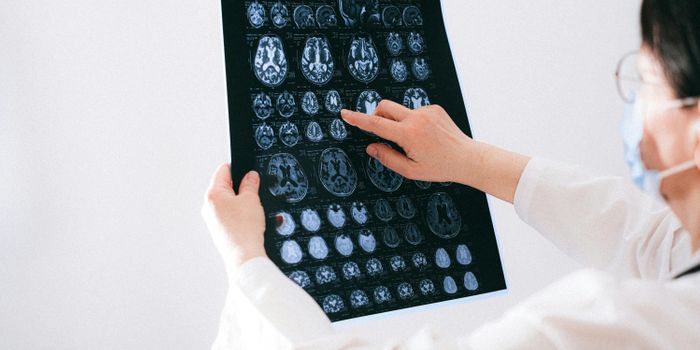Health researchers claim that there are now almost 47 million people living with dementia around the world, an increase from 35 million in 2009. The researchers cautioned that unless there is a medical breakthrough, numbers are likely to double every 20 years, according to an Associated Press story published in
Bioscience Technology.

In a report issued recently, researchers from Alzheimer's Disease International said that approximately 58 percent of all people with dementia live in developing countries and that by 2050, nearly half of the people with the disease will live in Asia. These numbers are likely to grow with aging populations and as more cases are identified.
Experts projected that the cost of treating dementia could accelerate to $1 trillion in just three years and called for governments to adopt legislation to guarantee better treatment for people with dementia, for which there is no known cure.
Dementia, which is not a specific disease, is an overall term describing “a wide range of symptoms associated with a decline in memory or other thinking skills severe enough to reduce a person's ability to perform everyday activities,” according to the
Alzheimer’s Association. Alzheimer's disease accounts for 60 to 80 percent of dementia cases. Vascular dementia, which occurs after a stroke, is the second most common type of dementia. Many other conditions can cause symptoms of dementia, including some that are reversible, such as thyroid problems and vitamin deficiencies.
Dementia is often incorrectly referred to as "senility" or "senile dementia," which reflects the idea that serious mental decline is a normal part of aging. The decline is memory that comes with dementia is severe enough to interfere with daily life. Memory loss is an example. Alzheimer's is the most common type of dementia. People with dementia may have problems with short-term memory, keeping track of a purse or wallet, paying bills, planning and preparing meals, remembering appointments or traveling out of the neighborhood.
Many dementias are progressive. Symptoms start out slowly and gradually get worse. Professional evaluation may detect a treatable condition, and early diagnosis enables people to obtain the maximum benefit from available treatments while providing time to plan for the future.









